Events
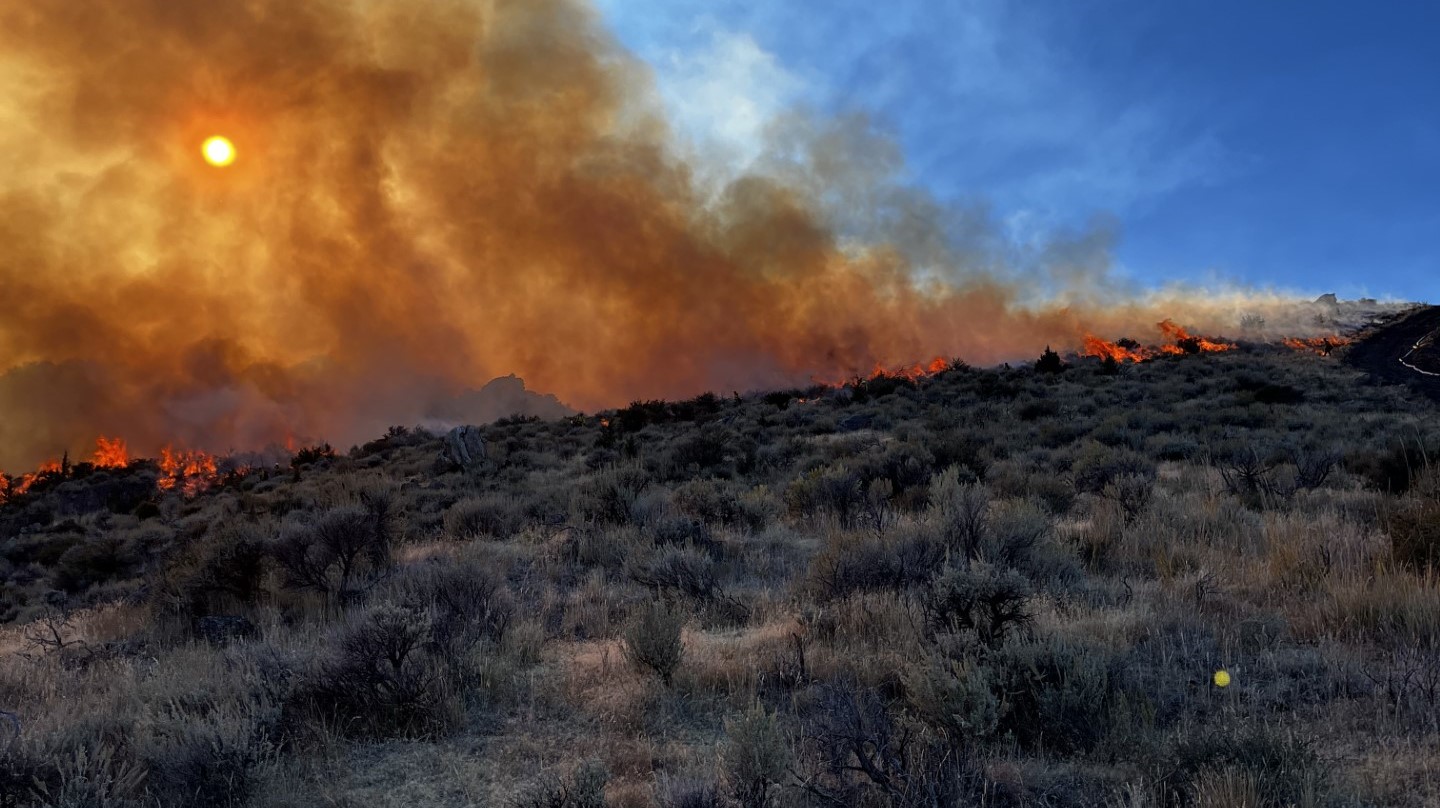
Wildfire smoke air monitoring response technology and AirNow fire and smoke map
Webinar registration.

Leading Effective Community-Driven Wildfire Protection Plans (CWPP)
Training details and registration. In this streamlined class, you'll learn how to guide a focused and actionable Community Wildfire Protection Plan process that delivers results. You'll learn to: Map out each stage of CWPP development Assess local wildfire risks using trusted tools Engage your community and prioritize treatments Build and implement a results-driven action plan…

IMAGINE field workshop
Register for Level 2 Field Workshop in Elko, NV This two-day workshops are designed to take an in depth look at how you can apply a set of principles and tools to strategically manage IAGs in both Eastern Idaho and Northern Great Basin. Our target audience includes both land managers and producers. Whether you are…
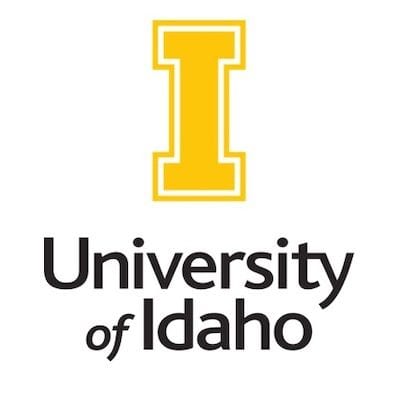
Grass Identification Course
More information and registration. Grass Identification Course Thursday-Friday, June 12-13, 2025 Rinker Rock Creek Ranch Rock Creek Road, Blaine County (near Hailey, Idaho) Rinker Rock Creek Ranch will be offering a two-day field course taught by Justin Trujillo (author of A Field Guide to Grasses and Grass-like Plants of Idaho) that will focus on learning the…
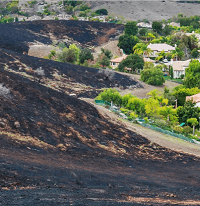
Community Wildfire Protection Plans (CWPP): Integrating smoke preparedness
Webinar registration. Are you planning for smoke preparedness and mitigation in your community and looking to embed that work into your Community Wildfire Protection Plan? Join our discussion and talk with experts about tips and resources for integrating smoke considerations into your CWPPs.
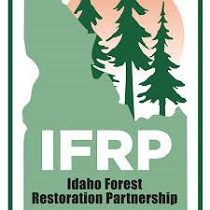
Cross-boundary collaborative stewardship
Webinar registration. Hosted by the Montana Forest Collaboration Network OBJECTIVES: - Discuss the characteristics of cross-boundary projects and how they increase efficiency and effectiveness when managing priority landscapes - Inspire more cross-boundary work in Montana - Build awareness of how collaborative partners can support cross-boundary projects - Discuss the mechanics of planning and implementing forest…

How LANDFIRE EVT contributes to the estimation of forage
Webinar registration. Title: How LANDFIRE EVT contributes to the estimation of forage and seasonal range in Idaho: A perspective through time 2003-2023 Speaker: Scott Bergen, Senior Wildlife Research Biologist, Idaho Department of Fish and Game Summary: Idaho Dept of Fish and Game uses LANDFIRE extant vegetation type databases 2001-2023 to estimate seasonal range analyses of…

Applying rangeland tools and concepts for fire and fuel management
Webinar registration. Matt Reeves, (Fuel and Forage), US Forest Service, Rocky Mountain Research Station

First comes fire – Then comes flood
Webinar registration. The cascading effects of post wildfire can bring more devastation to an already battered community. Utah’s Post Wildfire Mitigation Team, established in 2019, is led by the Utah Division of Emergency Management. It brings together Federal, State, private and local partners to meet with communities throughout Utah affected by wildfires. The team discusses…
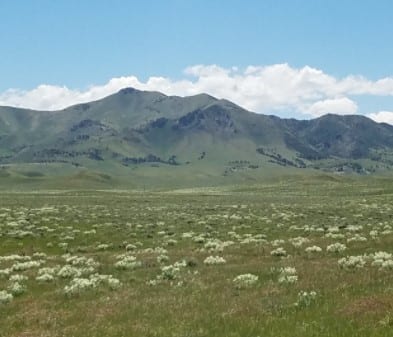
Basic Sunflower Identification Course
This three-day short course covers the unique taxonomy associated with the Sunflower Family, Asteraceae. Basic terminology, dissection skills, and use of a key are critical elements of this class. We will cover not only how to identify sunflowers, but how to collect and press them for future reference or for the purpose of mailing to…

